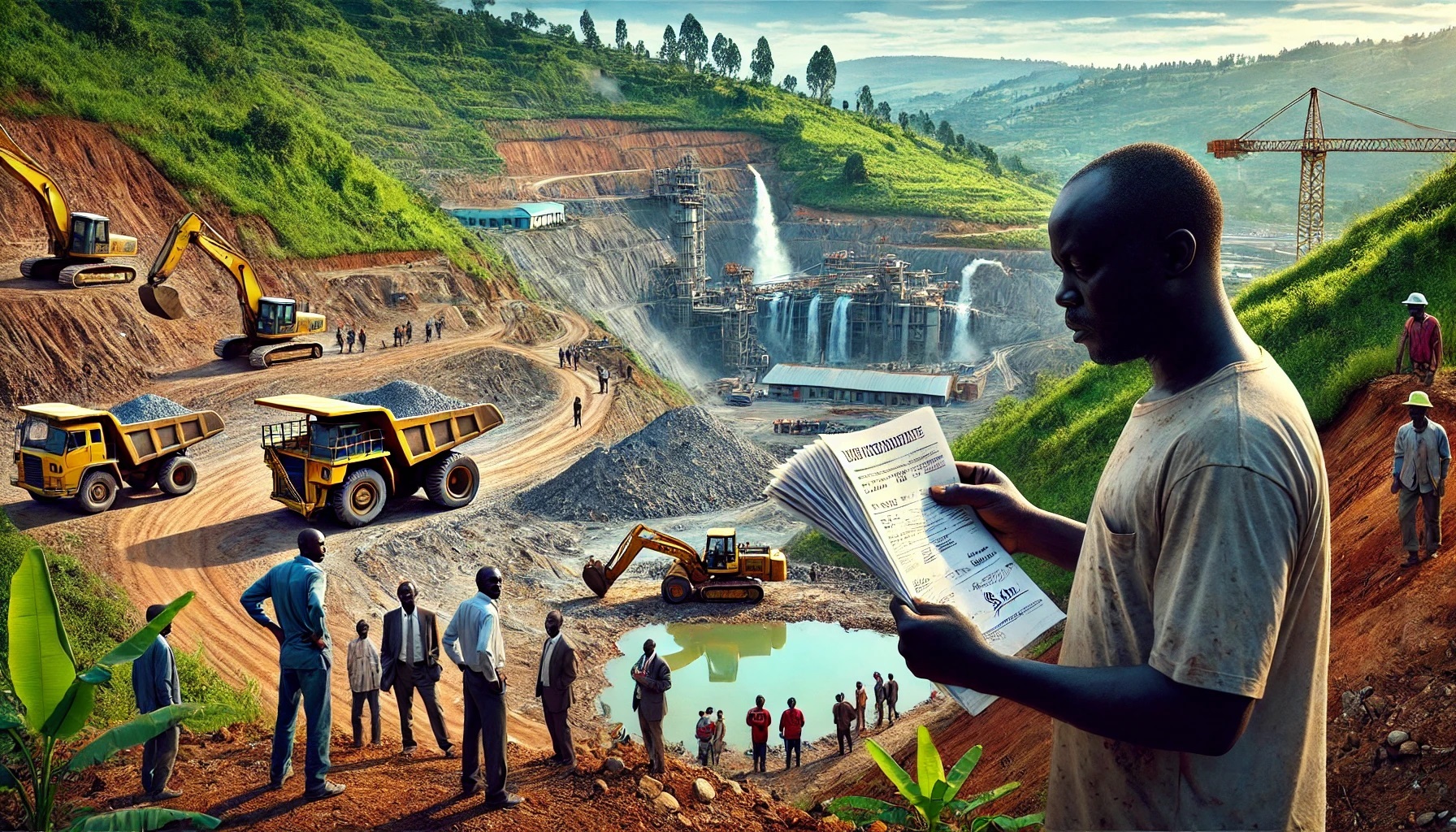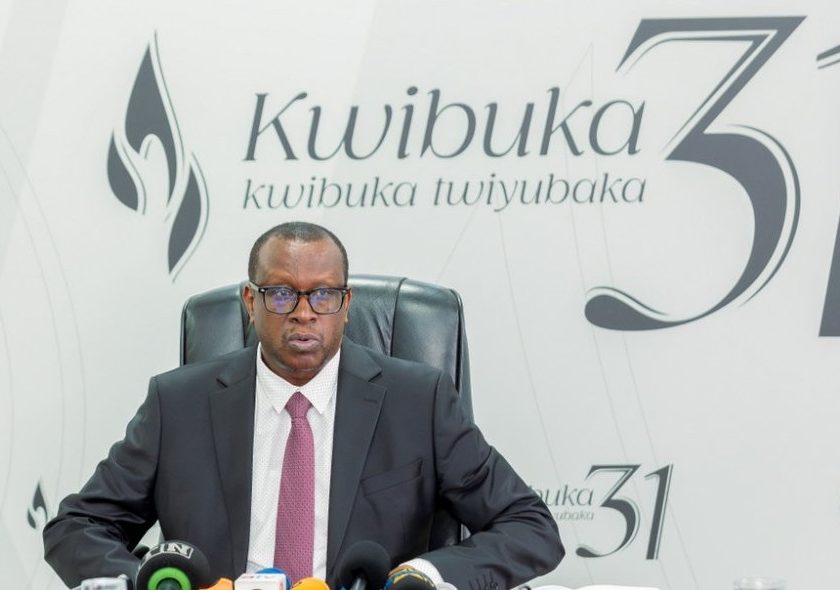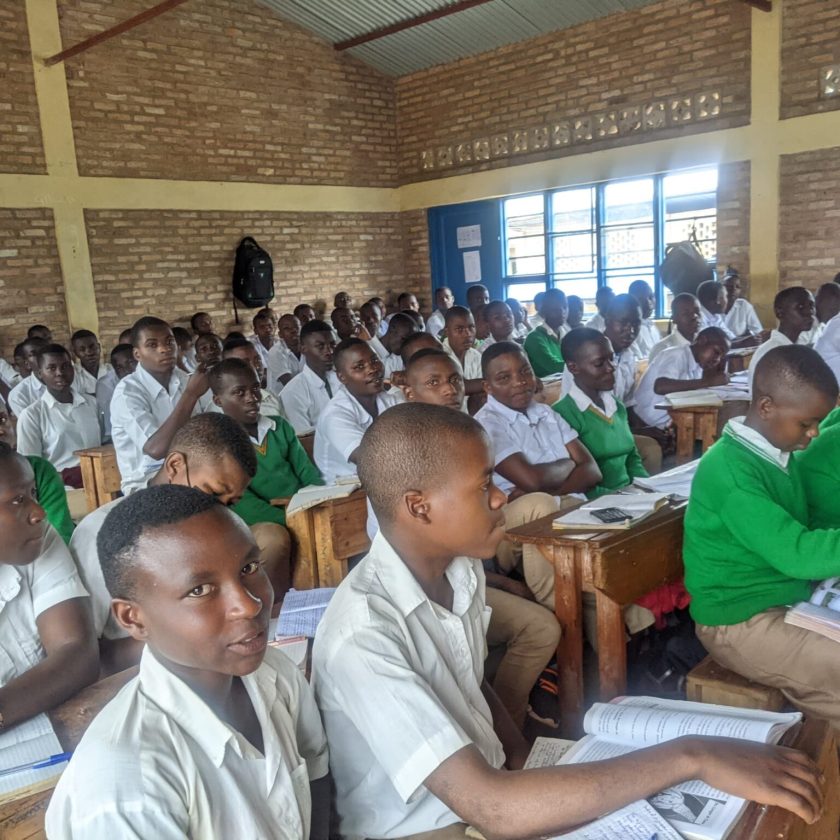In Rwanda’s lush, mineral-rich landscapes, an industry thrives in silence and secrecy. The mining sector, a major contributor to the nation’s economy, has recently come under scrutiny as insiders and communities speak out about illicit financial flows (IFFs) that may be enabling tax evasion, corruption, and environmental destruction.
This story brings to light the hidden impact of financial misconduct in the sector, featuring testimonies from those directly affected by these practices.
The Testimony of a Former Mine Worker
John (not his real name) worked as a site manager at one of Rwanda’s most prominent tin mining operations. His role put him in close contact with miners, administrators, and executives, and he witnessed firsthand the elaborate schemes used to divert funds.
“There were regular shipments of minerals, but the official records often didn’t match what we extracted. Every month, I saw significant quantities of tin and tungsten leaving the site with no trace in the company books,” John recounts.
According to him, the missing quantities were part of a network of undisclosed exports, often handled through intermediary companies set up in neighboring countries. These shell companies enabled the owners to bypass Rwandan regulations, paying lower taxes elsewhere while reporting lower outputs at home.
“At first, I thought it was just poor bookkeeping,” he admits. “But soon, I realized it was deliberate. Higher-ups didn’t want anyone to know how much we were really producing because it meant they could keep profits off the books.”
Impact on Local Communities
In Gakenke District, a mining town marked by rolling hills and rivers, residents have begun to feel the effects of these IFFs on their daily lives. Agnes, a mother of three, lives downstream from a mine where heavy metals and runoff have polluted the local water supply. She recalls how the river once provided clean water, sustaining her family and her small farming business.
“These days, the water stinks, and people are falling sick,” Agnes says, her voice full of frustration. “They [the mining company] are making money while we’re left with nothing but illness and contaminated land.”
Agnes also explains that promises were made to the community—schools, clinics, and safe drinking water facilities—but little to none of this was delivered. She believes this is connected to the illicit financial flows, which divert money that could have benefited local development.
“We hear that they make a lot of money, but we see nothing of it here. Our children go to overcrowded schools, and our health center lacks basic medicine.”
Unveiling Financial Misconduct
Insiders and experts alike confirm that IFFs in Rwanda’s mining sector have enabled wealth to be siphoned off, leaving local communities with environmental and social costs. A whistleblower from the financial division of one mining company explains that funds are hidden through complex networks, often using offshore accounts and unregistered entities.
“The company I worked for set up subsidiaries abroad, sometimes under family names of senior officials,” he discloses. “This way, they could funnel profits without raising suspicion.”
Calls for Accountability
Communities and local leaders are now demanding transparency and reform in Rwanda’s mining industry. Civil society organizations have also voiced concern, pushing for better monitoring of mining exports and the financial conduct of these companies. By shedding light on these hidden transactions, advocates hope to pressure authorities into enforcing stronger regulations.
“We need mining companies to be accountable, to honor their promises, and to stop polluting our land,” says Agnes.
Rwanda’s mining sector holds vast potential for economic growth, but without accountability, IFFs will continue to rob the nation of its wealth, putting the health and livelihoods of local communities at risk.
BY NIKUZE NKUSI Diane





